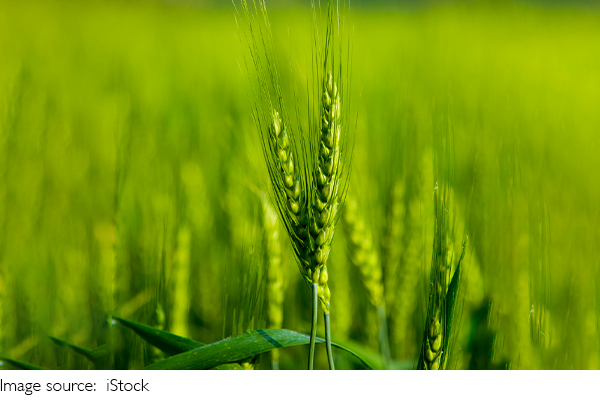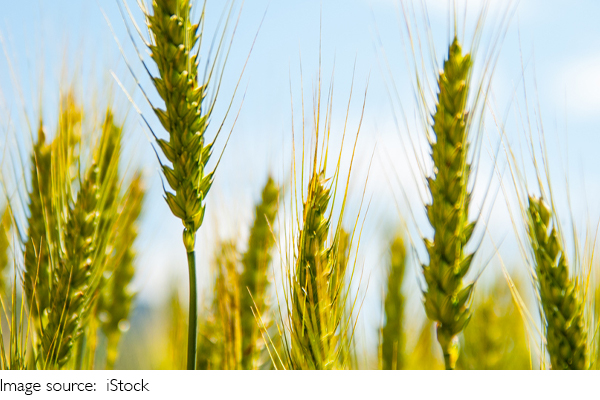Superfood Reality Check

We've all heard the term "superfood" thrown around, especially in the health and wellness world. These nutrient-dense foods are often touted as miracle workers, capable of improving health, preventing disease, and even promoting longevity.
But are these foods really as "super" as they're made out to be, or is it all just clever marketing? In this article, we'll dive into the concept of superfoods, analyze their true health benefits, and separate fact from hype.
What Makes a Superfood Super?
The term "superfood" is not scientifically defined. It's more of a marketing term used to describe foods that are particularly high in nutrients, such as vitamins, minerals, fiber, and antioxidants. Some common examples include kale, blueberries, chia seeds, and acai berries.
These foods are often rich in compounds that are believed to support overall health, such as polyphenols, flavonoids, and omega-3 fatty acids. However, while these foods offer health benefits, labeling them as "super" can sometimes be an oversimplification of their effects.
Superfoods and Health: Are They Really That Powerful?
Superfoods certainly have a lot of nutritional value, but the idea that they can "cure" or prevent diseases on their own is misleading. For instance, antioxidants found in berries and green leafy vegetables are indeed beneficial for fighting oxidative stress and supporting heart health.
However, consuming a variety of plant-based foods in a balanced diet is far more important than relying on any single "superfood" to provide all the nutrients your body needs. Nutrition experts agree that no one food can work wonders in isolation, and overall diet quality matters much more.
What the Experts Say About Superfoods
Many nutritionists warn against focusing too heavily on the concept of superfoods. Dr. Jane Smith, a nutrition expert, explains: "While it's true that some foods like blueberries and kale are incredibly nutritious, they are not magical. A healthy diet requires a wide variety of nutrients, which can be obtained from a range of fruits, vegetables, whole grains, and proteins."
Similarly, Dr. John Lee, a dietitian, emphasizes that "there's no scientific evidence to suggest that eating specific superfoods will drastically change your health. It's about the overall pattern of eating, not just a single food."
Are Superfoods Just Marketing Hype?
It's undeniable that the "superfood" label has been used as a marketing tool to sell everything from smoothies to supplements. Companies capitalize on the idea that these foods offer extraordinary health benefits, often exaggerating claims.
Take acai berry supplements, for example—while acai berries are rich in antioxidants, there's no scientific evidence to support the overblown claims that they can boost weight loss or improve skin health dramatically. As consumers, it's important to recognize that many superfood products on the market are simply marketed to profit from the current health trends, without delivering on the extreme benefits promised.

Balanced Diet vs. Superfoods
So, where does that leave us? Are superfoods still worth incorporating into our diet? The answer is yes—but with a more realistic perspective. Superfoods are certainly nutritious, and adding them to our meals can improve overall health. But we must remember that they should be a part of a well-rounded, balanced diet.
A healthy lifestyle isn't about eating one special food—it's about making smart, sustainable food choices day after day. Eating a variety of whole foods from different food groups is the key to supporting long-term health.
Conclusion: Superfoods Can Be Part of the Picture
The term "superfood" might be more hype than reality, but that doesn't mean these foods don't have their place in a healthy diet. While they can provide essential nutrients and support our overall well-being, they're not a cure-all. For optimal health, we should focus on maintaining a balanced, nutrient-rich diet, filled with a variety of plants and other whole foods.
So, while the superfood trend may not be a magical shortcut to health, these nutrient-dense foods can certainly play an important role in supporting our health when included as part of a holistic, balanced lifestyle.
We'd love to hear your thoughts! Do you consider any foods to be "superfoods"? Let us know your favorite plant-based powerhouses in the comments below.


